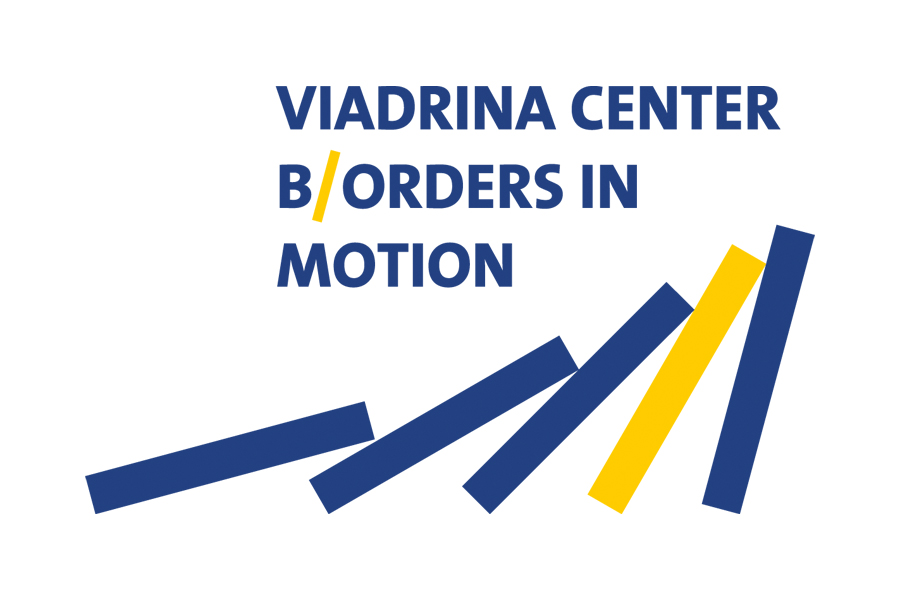"Cultural Border Studies", section of the Kulturwissenschaftliche Gesellschaft e.V. (KWG)
details
Project lead:
- Dr. des. Dominik Gerst (University of Duisburg-Essen, Institute of Communication Science)
- Prof. Dr Konstanze Jungbluth (Professor em., European University Viadrina)
- Dr. des. Maria Klessmann (Research Associate, Viadrina Center B/ORDERS IN MOTION) (Speaker of the Section)
- Prof. Dr Hannes Krämer (University of Duisburg-Essen, Institute of Communication Science)
- PD Dr Carolin Leutloff-Grandits ( Senior Researcher, Viadrina Center B/ORDERS IN MOTION)
- Dr Peter Ulrich (Kommunalwissenschaftliches Institut, University of Potsdam)
- Dr Ulla Connor (Saarland University, Cluster for European Research, Nachwuchskolleg Europa; UniGR-Center for Border Studies) (Speaker of the Section)
- Prof. Dr Astrid M. Fellner (Saarland University, North American Literary and Cultural Studies; UniGR-Center for Border Studies)
- Eva Nossem (Saarland University, Linguistics; UniGR Centre for Border Studies)
- Isis Luxenburger (Saarland University, North American Literary and Cultural Studies)
- Dr Tobias Schank (Saarland University, North American Literary and Cultural Studies)
- Jun.-Prof. Dr habil. Florian Weber (Saarland University, European Studies, specialising in Western Europe and border regions)
- Dr Christian Wille (University of Luxembourg, UniGR Centre for Border Studies c/o Institute of Geography and Spatial Planning)
Project description:
The academic study of borders is currently facing particularly great challenges, resulting in an enormous dynamization of border studies. Border studies with a cultural studies orientation critically analyze border areas and consider borders both synchronously and diachronically as the results of complex spatial, temporal, social and cultural processes that are not static, but dynamic and changeable. This orientation makes it possible to examine borders in their social (de)stabilization processes and not only offers numerous connections for cultural studies approaches, but actually demands them.
In their work, the section members concentrate on five complementary subject areas of cultural border studies: literature & popular culture, media & political discourses, practices & cultural formations, multilingualism & language contact and mobility & migration. With these focal points, the section is compatible with various cultural-studies-oriented disciplines and makes an important contribution to the further development of cultural border studies both at the level of theorizing borders and at the level of empirical examples.
The section members meet at least once a year at one of the participating universities and also at the KWG annual conferences. The results of their work are presented and discussed on joint panels at conferences, in joint publications and in forums of the participating partner institutions.
